June 2 stands as one of history’s most eventful days, witnessing the rise and fall of empires, groundbreaking discoveries, and moments that shaped our modern world across centuries of human achievement.

Politics and Government Events on June 2
1946 – Birth of the Italian Republic
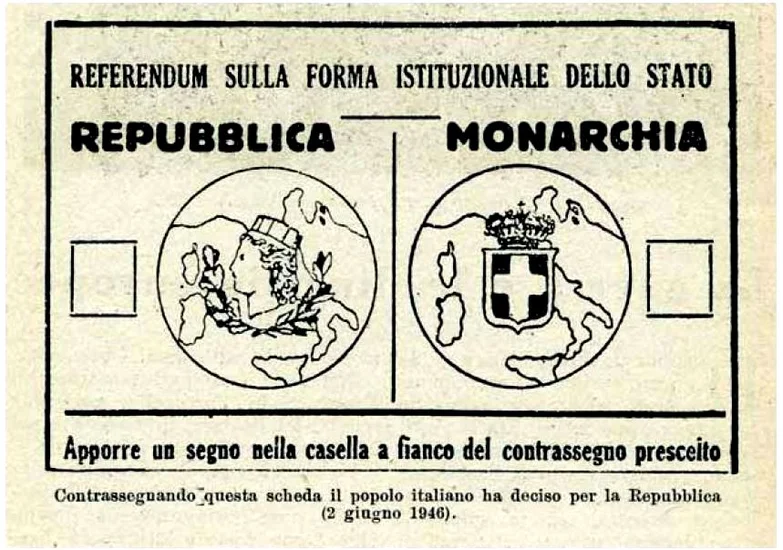
Italians voted decisively to transform their nation from a monarchy into a republic in a historic referendum. The momentous decision marked the end of centuries of royal rule and established Italy’s modern democratic foundation.
King Umberto II faced immediate exile following the referendum results. This peaceful transition demonstrated the Italian people’s desire for democratic governance after the turbulent years of fascism and war.
1909 – Alfred Deakin Returns as Australian Prime Minister

Alfred Deakin assumed the office of Prime Minister of Australia for his third and final term. His return to leadership demonstrated the political volatility of early Australian federal politics.
Deakin’s extensive experience proved crucial during this period of national development. His leadership helped consolidate Australia’s federal system and strengthen the young nation’s political institutions.
1924 – Native American Citizenship Act Signed

President Calvin Coolidge signed the Indian Citizenship Act into law, granting citizenship to all Native Americans born within United States territorial limits. This landmark legislation extended constitutional rights to approximately 125,000 Native Americans.
The act represented a significant shift in federal policy toward indigenous peoples. However, many Native Americans viewed the forced citizenship as another attempt to assimilate their communities into mainstream American society.
1964 – Palestine Liberation Organization Formed
The Palestine Liberation Organization officially established itself as the representative body for Palestinian Arabs. This political organization emerged during a period of increasing regional tensions in the Middle East.
The PLO’s formation marked a pivotal moment in Palestinian nationalism and self-determination efforts. The organization would become central to decades of Middle Eastern diplomatic negotiations and regional politics.
2012 – Hosni Mubarak Sentenced to Life Imprisonment
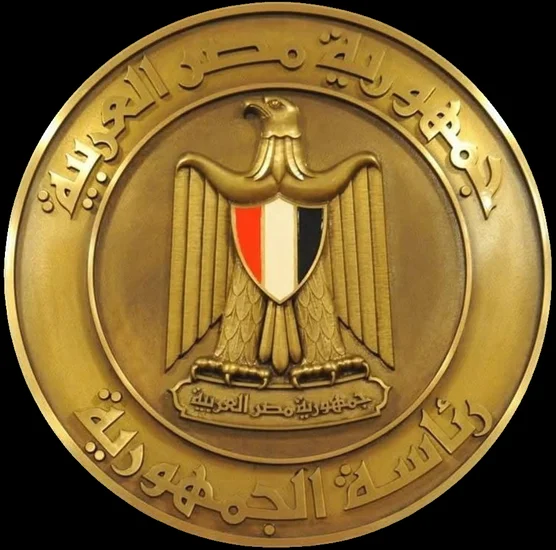
Former Egyptian President Hosni Mubarak received a life sentence for his role in killing demonstrators during the 2011 Egyptian revolution. The historic verdict marked the first time an Arab leader faced criminal prosecution for actions against protesters.
The courtroom drama captivated the Arab world and symbolized accountability for authoritarian rule. Mubarak’s sentencing represented a significant moment in Egypt’s democratic transition following the Arab Spring movement.
2014 – Telangana Becomes India’s 29th State
Telangana officially gained statehood as India’s 29th state, carved from ten districts of northwestern Andhra Pradesh. The new state’s creation fulfilled decades of regional aspirations for political autonomy.
The formation process involved complex negotiations between regional leaders and the central government. Telangana’s establishment demonstrated India’s continued evolution as a federal democracy accommodating diverse regional identities.
Military and Naval History on June 2
1941 – German Paratroopers Murder Greek Civilians
German paratroopers systematically murdered Greek civilians in the villages of Kondomari and Alikianos during World War II. These brutal reprisals occurred as part of Germany’s harsh occupation policies in Greece.
The massacres demonstrated the Wehrmacht’s willingness to target innocent civilians during military operations. These war crimes became part of the broader pattern of Nazi atrocities committed throughout occupied Europe.
1967 – West Berlin Protests Turn Violent
Protests in West Berlin against the visiting Shah of Iran erupted into violence when police brutally suppressed demonstrators. The confrontation resulted in the death of student Benno Ohnesorg, shot by a police officer.
Ohnesorg’s death became a catalyst for radical political movements in Germany. The incident directly led to the formation of the terrorist group Movement 2 June, named after this tragic date.
1967 – Last Pre-Furman Execution in United States
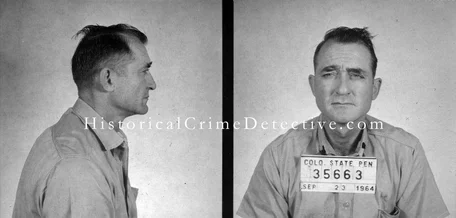
Luis Monge died in Colorado’s gas chamber, marking the final execution before the Supreme Court’s moratorium on capital punishment. This execution concluded a significant chapter in American criminal justice history.
The execution occurred during growing national debate about capital punishment’s constitutionality. Monge’s death preceded a decade-long suspension of executions until the Supreme Court’s Furman decision reshaped American death penalty law.
1919 – Anarchist Bombing Campaign Strikes Eight Cities
Anarchists simultaneously detonated bombs in eight separate American cities, creating widespread panic and fear. The coordinated attacks targeted government officials and represented one of the largest domestic terrorism campaigns in early American history.
The bombings intensified the First Red Scare and led to increased government surveillance of radical groups. These attacks contributed to the Palmer Raids and broader suppression of leftist political movements.
Science and Discovery Milestones on June 2
1966 – Surveyor 1 Achieves First U.S. Soft Landing on Moon
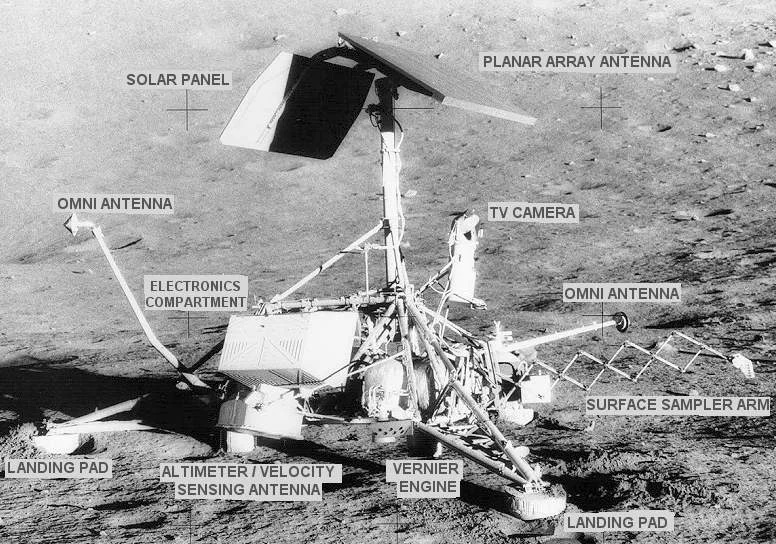
Surveyor 1 successfully soft-landed in Oceanus Procellarum, becoming the first American spacecraft to achieve a controlled landing on another celestial body. This technological breakthrough validated critical landing systems for future lunar missions.
The mission transmitted over 11,000 high-quality photographs of the lunar surface back to Earth. Surveyor 1’s success provided essential data for planning the Apollo program’s human lunar landings.
2003 – Europe Launches First Mars Mission
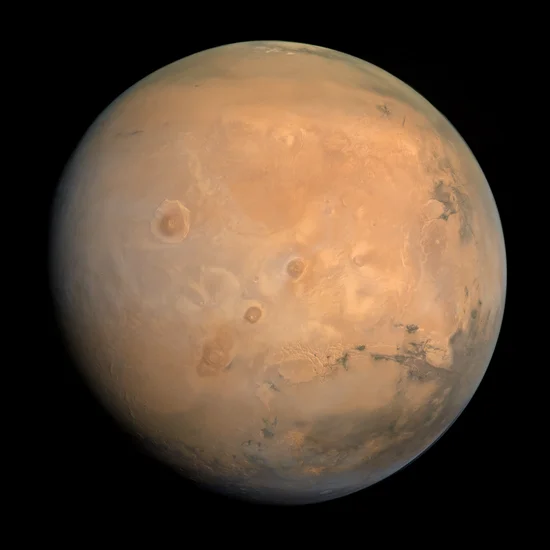
The European Space Agency launched Mars Express from Kazakhstan’s Baikonur space center, marking Europe’s inaugural voyage to another planet. The ambitious mission carried advanced scientific instruments designed to study Martian geology and atmosphere.
Mars Express represented European space exploration’s coming of age as an independent force. The mission successfully orbited Mars and provided groundbreaking data about the Red Planet’s geological history.
1998 – Final Shuttle-Mir Mission Launches
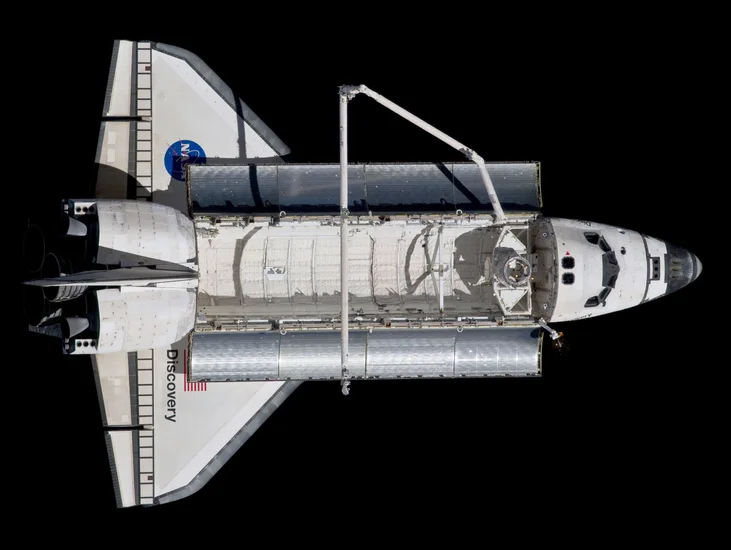
Space Shuttle Discovery launched on STS-91, concluding the cooperative Shuttle-Mir program between the United States and Russia. This final mission marked the end of an era in international space collaboration.
The program demonstrated that former adversaries could work together in space exploration. Discovery’s launch symbolized the successful transition from competition to cooperation in human spaceflight endeavors.
Cultural and Arts Events on June 2
1953 – Queen Elizabeth II’s Televised Coronation
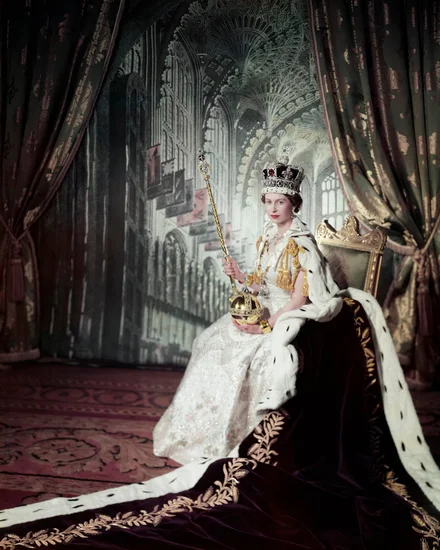
Queen Elizabeth II’s coronation at Westminster Abbey became the first British coronation ceremony broadcast on television, reaching millions of viewers worldwide. The historic broadcast marked television’s emergence as a dominant cultural medium.
The ceremony attracted an estimated 277 million viewers globally, demonstrating television’s unprecedented reach. This technological milestone transformed how people experienced major cultural and political events.
1962 – Most Violent Game in FIFA World Cup History

The FIFA World Cup match between Chile and Italy required multiple police interventions due to unprecedented player violence. The brutal confrontation shocked international audiences and earned notoriety as football’s most violent match.
The game featured broken bones, ejections, and continuous fighting between players from both teams. This infamous match led to significant changes in FIFA’s disciplinary procedures and referee training protocols.
1997 – Timothy McVeigh Convicted of Oklahoma City Bombing
Timothy McVeigh received conviction on fifteen counts of murder and conspiracy for the 1995 Oklahoma City bombing that killed 168 people. The Denver trial concluded one of America’s most devastating domestic terrorism cases.
McVeigh’s conviction brought closure to victims’ families and demonstrated the justice system’s ability to handle complex terrorism cases. The trial proceedings were broadcast nationally, making it one of the most watched criminal trials in American history.
Religious and Social Events on June 2
1979 – Pope John Paul II Visits Communist Poland
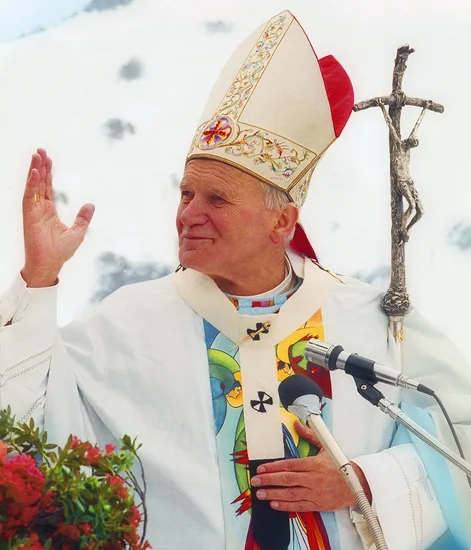
Pope John Paul II began his first official visit to his native Poland, becoming the first Pope to visit a Communist country. The historic nine-day pilgrimage drew millions of Polish Catholics and challenged Communist authority.
The Pope’s visit demonstrated the enduring power of religious faith under totalitarian rule. His presence inspired the Solidarity movement and contributed to the eventual collapse of Communist government in Poland.
1983 – Air Canada Flight 797 Emergency Landing Tragedy

Air Canada Flight 797 made an emergency landing due to in-flight fire, but twenty-three passengers died when flashover occurred as doors opened. The tragedy exposed critical gaps in aircraft safety procedures.
The incident led to comprehensive aviation safety reforms, including improved fire suppression systems and emergency evacuation procedures. New regulations mandated better materials and evacuation protocols for commercial aircraft.
1955 – Yugoslavia and USSR Normalize Relations
Yugoslavia and the Soviet Union signed the Belgrade Declaration, formally normalizing relations that had been severed since 1948. The agreement marked a significant thaw in Cold War tensions within the Communist world.
The reconciliation demonstrated the possibility of independent paths to socialism. Yugoslavia’s non-aligned stance influenced other Communist nations seeking greater autonomy from Soviet control.
Business and Economic Events on June 2
2022 – Turkey Changes Official UN Name to Türkiye
The United Nations officially changed Turkey’s name in the organization from “Turkey” to “Türkiye” following Ankara’s formal request. The name change represented Turkey’s broader efforts to rebrand its international image.
The decision reflected Turkey’s desire to distance itself from negative associations with the English word “turkey.” This diplomatic initiative demonstrated how nations actively manage their international reputations and cultural identity.
1990 – Devastating Tornado Outbreak Strikes Midwest

The Lower Ohio Valley tornado outbreak spawned sixty-six confirmed tornadoes across Illinois, Indiana, Kentucky, and Ohio, killing twelve people. The severe weather system caused extensive property damage and disrupted regional commerce.
The outbreak highlighted the economic vulnerability of agricultural regions to extreme weather events. Insurance companies faced massive claims, while affected communities struggled with infrastructure repair and business recovery.
1910 – Charles Rolls Achieves Historic Aviation Milestone

Charles Rolls, co-founder of Rolls-Royce Limited, became the first person to complete a non-stop double crossing of the English Channel by airplane. This remarkable achievement demonstrated aviation’s commercial potential.
Rolls’ historic flight captured public imagination and attracted significant investment to the emerging aviation industry. The successful crossing proved that aircraft could reliably traverse significant distances for business and transportation purposes.
Transportation and Infrastructure on June 2
2023 – Devastating Train Collision in Eastern India

A catastrophic collision between two passenger trains and a parked freight train near Balasor, Odisha resulted in 296 deaths and over 1,200 injuries. The tragedy highlighted critical infrastructure and safety challenges in India’s railway system.
The accident prompted urgent calls for railway modernization and improved safety protocols. The massive casualty count made it one of India’s worst railway disasters in recent decades.
1983 – Aviation Safety Regulations Implemented

Following the Air Canada Flight 797 tragedy, aviation authorities implemented comprehensive new safety regulations addressing in-flight fire hazards. These emergency measures transformed commercial aviation safety standards worldwide.
The new regulations mandated improved fire suppression systems, better evacuation procedures, and enhanced crew training. These changes significantly reduced aviation fire-related fatalities in subsequent decades.
1998 – International Space Station Cooperation Advances

The successful completion of the Shuttle-Mir program paved the way for International Space Station construction and operation. This achievement demonstrated sustained international cooperation in complex transportation projects.
The program’s success validated the technical feasibility of long-duration international space missions. These accomplishments directly contributed to the ISS becoming humanity’s most ambitious transportation and research facility.
Sports and Recreation on June 2
1970 – Bruce McLaren Dies in Racing Accident

New Zealand racing driver Bruce McLaren died during testing at England’s Goodwood Circuit, ending the life of one of motorsport’s most innovative figures. McLaren had founded his eponymous racing team that would become legendary in Formula One.
His death shocked the racing world and highlighted the extreme dangers faced by early Formula One drivers. The McLaren team continued under his name, achieving numerous championships and becoming one of racing’s most successful organizations.
1962 – Chile vs Italy Violence Shocks World Cup

The FIFA World Cup match between Chile and Italy required multiple police interventions due to unprecedented violence between players. The brutal encounter became known as the “Battle of Santiago” and remains football’s most notorious match.
The violent confrontation shocked international audiences and exposed the intense nationalism surrounding World Cup competition. FIFA implemented stricter disciplinary measures and improved referee training following this infamous incident.
1983 – Stan Rogers Dies in Aviation Tragedy

Canadian folk singer Stan Rogers perished in the Air Canada Flight 797 fire, cutting short the career of one of Canada’s most beloved musical artists. Rogers had become renowned for his maritime songs and Canadian cultural themes.
His death devastated the Canadian folk music community and elevated his status to legendary proportions. Rogers’ songs continue to define Canadian musical identity and inspire new generations of folk artists.
Notable Births on June 2
1904 – Johnny Weissmuller Born
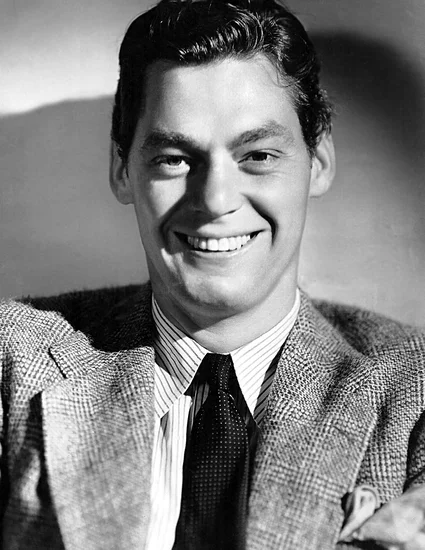
Hungarian-American Johnny Weissmuller entered the world destined to become both an Olympic swimming champion and Hollywood legend. His early years in Chicago shaped his athletic development and competitive spirit.
Weissmuller would capture five Olympic gold medals before transitioning to his iconic role as Tarzan in movies. His athletic achievements and film career made him one of America’s most recognizable cultural figures.
1941 – Stacy Keach Born
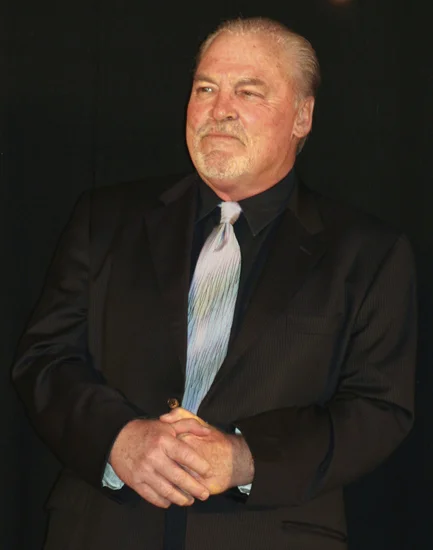
American actor Stacy Keach was born in Savannah, Georgia, beginning a life that would span decades of distinguished stage and screen performances. His distinctive voice and commanding presence would define his acting career.
Keach became particularly famous for his portrayal of hard-boiled detective Mike Hammer in television series. His theatrical training and classical background distinguished him among American character actors.
1941 – Charlie Watts Born

English drummer Charlie Watts was born in London, destined to become the rhythmic backbone of The Rolling Stones. His jazz-influenced drumming style would help define one of rock music’s most enduring bands.
Watts brought sophisticated musical sensibilities to The Rolling Stones’ raw blues-rock sound. His steady, understated drumming provided the foundation for countless classic rock songs spanning six decades.
1955 – Dana Carvey Born

American comedian Dana Carvey was born in Missoula, Montana, beginning a journey toward becoming one of Saturday Night Live’s most memorable performers. His childhood moved frequently due to his father’s business career.
Carvey’s impressions of political figures, especially President George H.W. Bush, made him a household name. His comedic timing and character work influenced a generation of American comedy performers.
1978 – Dominic Cooper Born

English actor Dominic Cooper was born in Greenwich, London, destined for a diverse career spanning television, film, and theater. His early interest in drama led him to prestigious training at the London Academy of Music and Dramatic Art.
Cooper gained international recognition for his roles in “Mamma Mia!” and “The History Boys.” His versatility as an actor has made him equally comfortable in period dramas and contemporary action films.
1987 – Sergio Agüero Born

Argentine footballer Sergio Agüero was born in Buenos Aires, beginning a journey that would make him one of football’s most prolific strikers. His exceptional goal-scoring ability emerged during his youth career in Argentina.
Agüero became Manchester City’s record goalscorer and helped the club achieve unprecedented success. His dramatic last-minute goals, particularly the 2012 Premier League title-clinching strike, secured his place in football history.
1988 – Awkwafina Born

American actress and rapper Awkwafina was born as Nora Lum in New York City, destined to break barriers in entertainment. Her unique comedic voice and cultural perspective would challenge traditional Hollywood stereotypes.
Awkwafina became the first Asian-American woman to win a Golden Globe for Best Actress in a Musical or Comedy. Her success in both music and film has made her a prominent voice for Asian-American representation.
Notable Deaths on June 2
1941 – Lou Gehrig Dies
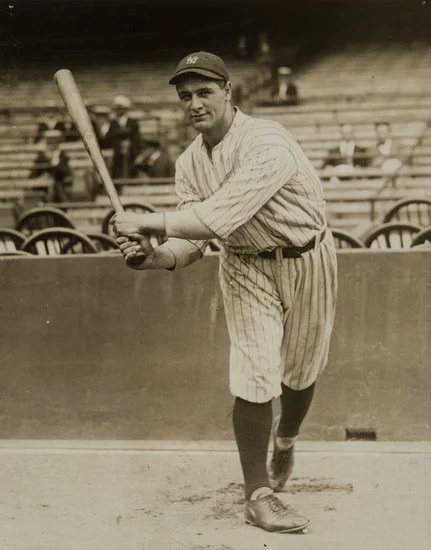
American baseball legend Lou Gehrig died at age 37 from amyotrophic lateral sclerosis, the disease that would bear his name. His death shocked the sporting world and ended the career of one of baseball’s greatest players.
Gehrig’s consecutive games streak of 2,130 games earned him the nickname “Iron Horse.” His farewell speech at Yankee Stadium, where he called himself “the luckiest man on the face of the earth,” became one of sports’ most memorable moments.
1962 – Vita Sackville-West Dies
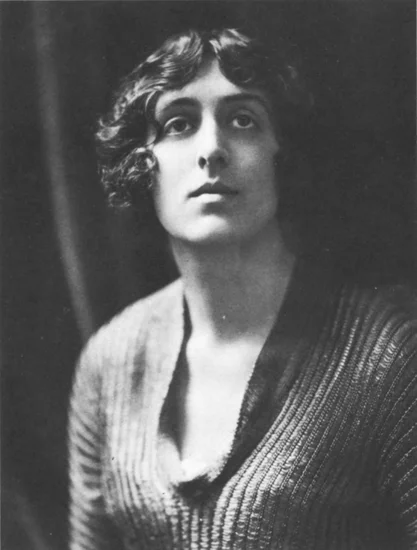
English author and poet Vita Sackville-West died at her beloved Sissinghurst Castle, ending a remarkable literary career. Her novels, poetry, and garden writing had established her as a prominent voice in English literature.
Sackville-West’s passionate relationship with Virginia Woolf inspired Woolf’s novel “Orlando.” Her innovative gardening at Sissinghurst created one of England’s most influential garden designs, attracting visitors from around the world.
1970 – Bruce McLaren Dies

New Zealand racing driver and engineer Bruce McLaren died during testing at Goodwood Circuit, ending the life of one of motorsport’s most innovative figures. His death occurred while testing his latest racing car design.
McLaren had founded his racing team in 1963, quickly establishing it as a major force in Formula One and sports car racing. The McLaren team continued after his death, becoming one of the most successful organizations in motorsport history.
2008 – Bo Diddley Dies
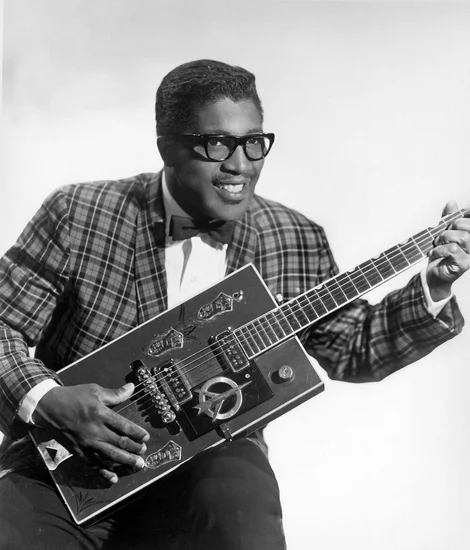
American singer-songwriter and guitarist Bo Diddley died at age 79, ending the career of one of rock and roll’s founding fathers. His distinctive rectangular guitar and rhythmic innovations had influenced countless musicians.
Diddley’s “Bo Diddley beat” became a fundamental rhythm in rock music, adopted by everyone from The Rolling Stones to George Michael. His pioneering use of effects and unconventional instruments helped define the sound of early rock and roll.
2012 – Richard Dawson Dies
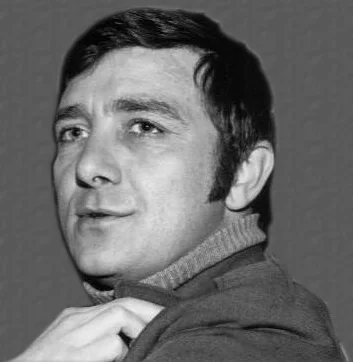
English-American actor and game show host Richard Dawson died at age 79, ending a career that spanned television comedy and game shows. His quick wit and charm had made him a beloved television personality.
Dawson gained fame as a regular on “Hogan’s Heroes” before becoming the iconic host of “Family Feud.” His distinctive hosting style and genuine warmth toward contestants made him one of television’s most popular game show hosts.
2024 – Rob Burrow Dies

English rugby league footballer Rob Burrow died after a courageous battle with motor neurone disease, ending the life of one of rugby’s most inspiring figures. His small stature but immense heart had made him a fan favorite throughout his career.
Burrow’s battle with MND raised significant awareness and funds for research into the devastating disease. His courage in facing his illness with dignity and determination inspired people far beyond the rugby community.
Holidays and Observances on June 2
Festa della Repubblica – Italy’s National Day
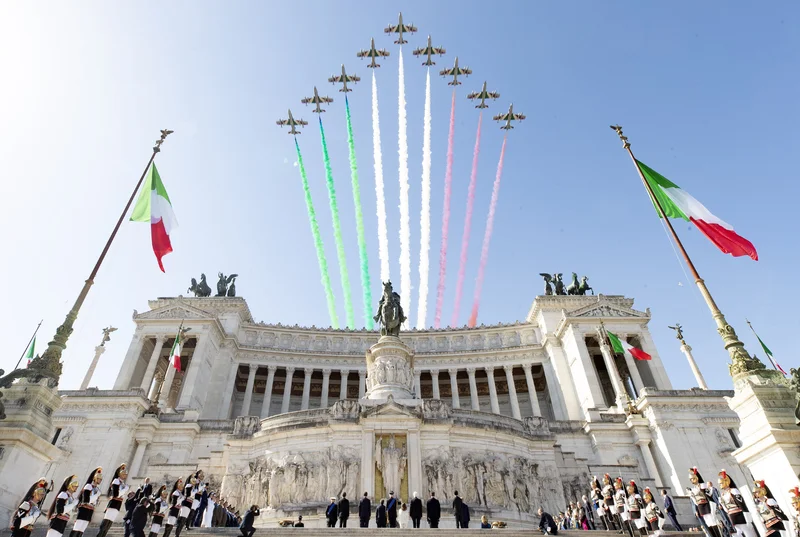
Italy celebrates Festa della Repubblica, commemorating the 1946 referendum that established the Italian Republic. The holiday honors the day when Italians voted to end monarchy and embrace democratic governance.
The celebration features military parades, cultural events, and patriotic displays throughout Italy. Italian communities worldwide join in celebrating their nation’s democratic foundations and cultural heritage.
Telangana Day – India’s Newest State Celebration
Telangana observes its statehood day, marking the 2014 formation of India’s 29th state. The holiday celebrates the fulfillment of regional aspirations for political autonomy and cultural recognition.
The celebration includes cultural programs showcasing Telangana’s rich heritage, traditional arts, and regional achievements. Government officials and citizens participate in ceremonies honoring the state’s journey to independence.
Children’s Day – North Korea
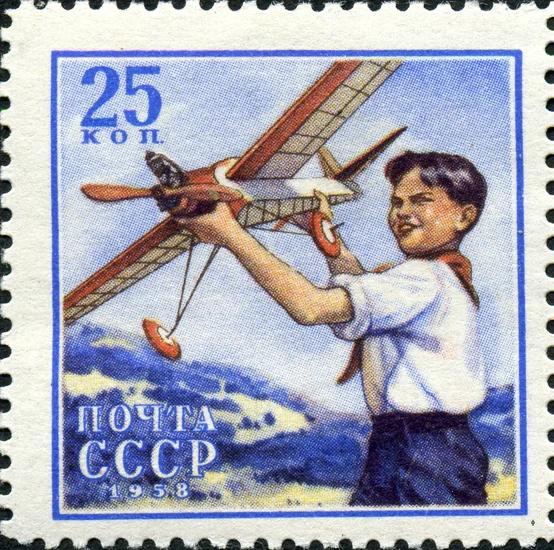
North Korea observes Children’s Day with various activities focused on the welfare and education of young citizens. The holiday emphasizes the importance of children in building the nation’s future.
Schools and communities organize special events, performances, and educational programs. The celebration reflects North Korean society’s emphasis on collective child-rearing and ideological education.
